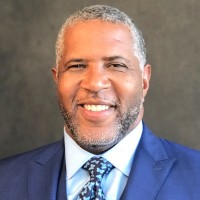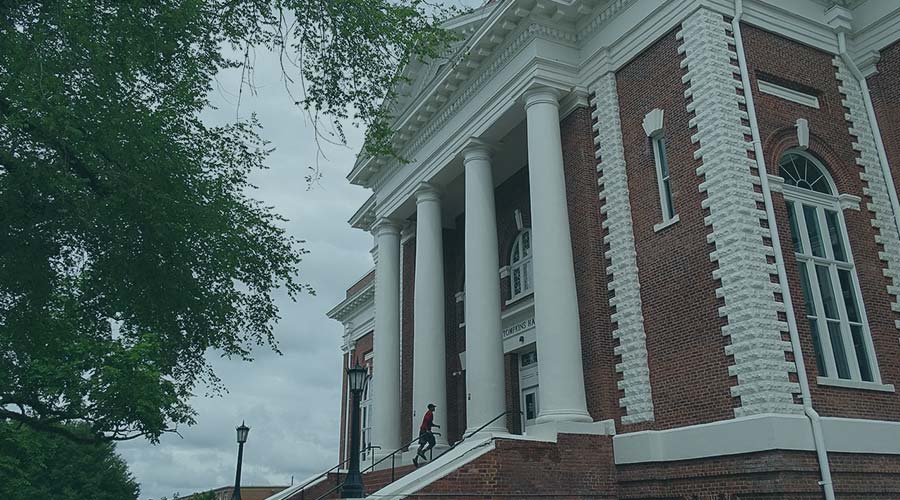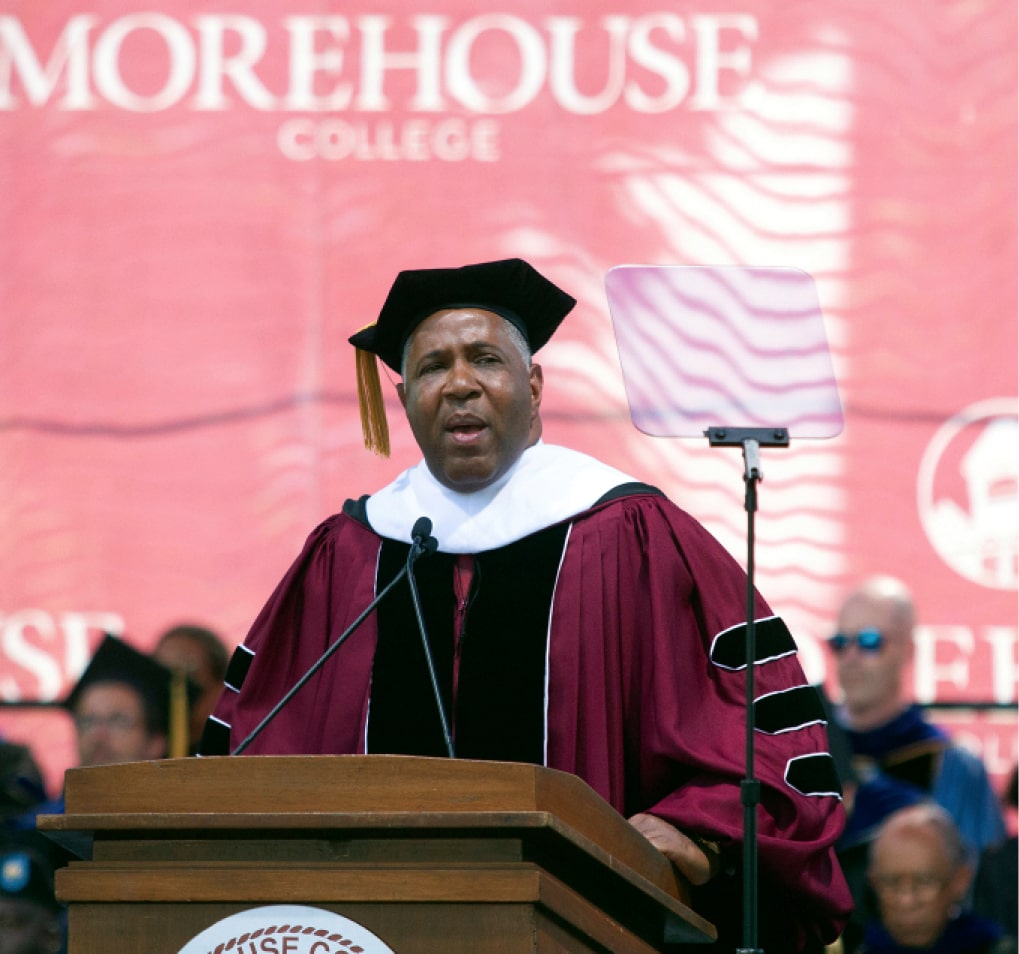Key Takeaways:
- Even though HBCUs have a reputation for being accessible, some are harder than others to get into.
- The hardest HBCU to get into is Wiley College in Marshall, TX.
- According to a 2022 report, the number of college applicants has increased by more than 20%.
Historically Black Colleges and Universities, or HBCUs, are storied institutions with rich legacies. For decades, HBCUs have provided students from underrepresented communities with nurturing learning environments and opportunities to help them achieve their dreams. Although HBCUs are known for their accessibility, some are more difficult than others to get into. You may be wondering, what is the hardest HBCU to get into? Do not worry! Ahead, we will discuss the 10 hardest HBCUs to get into, why some schools are harder to get into than others and a few strategies for post-secondary educational success.
10 of the Most Prestigious HBCUs
Although each HBCU in the U.S. has something unique to offer students, some are considered more competitive than others. Below, we have highlighted the 10 HBCUs with the lowest acceptance rates.
1. Wiley College
The hardest HBCU to get into is Wiley College, a highly selective school in Marshall, TX, with an acceptance rate of 9%. Founded in 1873, Wiley has about 660 students. The small size of the college is one of the contributing factors to its low acceptance rate. When it comes to admissions, Wiley considers a student’s test scores, GPA and application. Opal Lee, an activist known for spearheading the push to make Juneteenth a federal holiday, is an alum.
2. Rust College
Rust College, located in Holly Springs, MS, was founded in 1866 by the Freedman’s Aid Society. Over the last 150+ years, more than 20,000 alumni have graduated from the college. Currently, the school has an undergraduate enrollment of less than 700 and an acceptance rate below 30%. The small liberal arts school offers 20 bachelor’s and two associate’s degrees to its fewer than 1,000 students. During admissions, the school places considerable emphasis on students’ GPAs and class rank.
3. Florida A&M University
Florida Agricultural and Mechanical University, commonly known as Florida A&M University, was founded in 1887. With a 39% acceptance rate, the school is considered one of the top 10 hardest HBCUs to get into in the U.S.
Florida A&M University is the fifth-largest HBCU in the U.S. and offers more than 50 undergraduate programs and 30 graduate programs. Many students apply to Florida A&M University to join one of the many popular organizations or programs, such as the Marching 100 band. Separately, the school also offers Army ROTC and Naval ROTC programs.
4. Howard University
Howard University is one of the most popular HBCUs in the U.S. The school is a private research institution in Washington, D.C., founded in 1867. Howard has more than 7,000 students and an acceptance rate of about 32%. Howard also has notable alumni, including Vice President Kamala Harris.
5. Tuskegee University
Located in Tuskegee, AL, Tuskegee University was founded in 1881. The school has an acceptance rate of 36% and is considered one of the top three HBCUs in the U.S. According to the latest data from U.S. News and World Report, Tuskegee has more than 2,000 undergraduate students that attend its five colleges. The university is well known for its STEM programs and the academic rigor of its five colleges.



Linkedin Exclusive



Get Industry leading insights from Robert F. Smith directly in your LinkedIn feed.
Get Industry leading insights from Robert F. Smith directly in your LinkedIn feed.
6. Florida Memorial University
Florida Memorial University was founded in 1879 and is located in Miami, FL. The school has an enrollment of under 1,000 and an acceptance rate of 38%. The small size of Florida Memorial University relates to its extremely selective admissions policies. Florida Memorial’s status as a private institution and its prime location in Miami also contribute to its selectivity. As a member of the United Negro College Fund (UNCF), a nonprofit that funds scholarships at 37 HBCUs, Florida Memorial students have a number of financial aid options, including grants, scholarships, federal work study, federal direct loans and private loans.
7. Alcorn State University
Alcorn State University is located in Lorman, MS, and was founded in 1871. The school’s acceptance rate is 39%. While the school’s rural campus spans over 1,000 acres, it is a small school with under 3,000 students. Alcorn is also the oldest HBCU land-grant school, the second-oldest HBCU in Mississippi and a member school of the Thurgood Marshall College Fund. It is considered one of the top HBCUs in the U.S., which enhances its appeal and reputation among applicants.
8. Southern University and A&M College
Southern University and Agricultural and Mechanical College, also known as Southern University and A&M College, is in Baton Rouge, LA. The school was founded in 1880 and has an acceptance rate of 41%. The public institution has more than 6,000 students and is situated in an urban setting that spans over 900 acres. The school offers more than 30 academic programs, but some of its most popular majors include criminal justice/safety studies and social work. Given its popularity and reputation, Southern University and A&M College attracts students from more than 20 countries, which has increased its selectivity.
9. Johnson C. Smith University
Founded in 1867, Johnson C. Smith University is located in Charlotte, NC. It has an acceptance rate of 45% and a student population of less than 2,000 students. The school is in an urban area that spans over 100 acres. Given its small student population, 98% of the school’s classes are smaller than 20 students, which is a key selling point for many students.
Johnson C. Smith University is considered to be the top private HBCU in North Carolina and one of the best small colleges in the U.S. The school’s reputation makes it a popular choice for students who are seeking a private institution.
10. Coppin State University
Coppin State University is located in Baltimore, MD and was founded in 1900, making it one of the youngest HBCUs established. Coppin State is a small school with fewer than 2,000 students and an acceptance rate of 48%. The urban setting and smaller campus size, at 38 acres, makes it unique for students looking for a particular environment. Coppin State offers more than 50 programs and is a member of the Thurgood Marshall Fund.
What Makes it Difficult to Get Into a University?
Across the board, colleges in the U.S. are becoming increasingly difficult to get into. There are many reasons behind the drop in acceptance rates at some HBCUs, including the growing size of the applicant pool. According to a 2022 report from Common Application, the number of college applicants increased by 21.3%. Because of the increase in applicants, admission offices are becoming more selective. Since more students are applying to colleges, the rejection rate is also increasing. When schools have a lower acceptance rate, it tends to make them more exclusive. The more exclusive or popular a school becomes, the more students want to apply, which increases the applicant pool and lowers the acceptance rate.
Strategies for Success
While it can be hard to get into some HBCUs, you can take strategic steps to set yourself up for success. These steps include, but are not limited to:
- Solid academic performance: When you are in high school, work and study hard to ensure you have a strong academic standing and grade point average (GPA). If you are eligible, consider taking advanced classes, such as AP classes, to showcase your ability to handle a more difficult workload.
- Participate in extracurricular activities: Join a wide range of extracurricular activities, such as sports, clubs and volunteering efforts, to show off your well-rounded interests.
- Great standardized test scores: High marks on standardized tests like the SAT and ACT can significantly enhance your college application. Take the time to properly prepare and practice for these tests to help you get good scores.
- Meaningful essays: When you fill out your college applications, include a compelling and authentic personal essay that speaks to your unique experiences, aspirations and values.
- Strong letters of recommendation: Ask your favorite teachers, counselors or colleagues for a letter of recommendation to send in with your application. Be sure to ask someone who knows you well, so they can provide valuable insights into your character and work ethic.
Remember, each university has its own admission standards, so it is critical to research the requirements of each institution in advance, so you can tailor your applications accordingly.
Follow Robert F. Smith on LinkedIn to learn more about HBCUs and similar topics.







